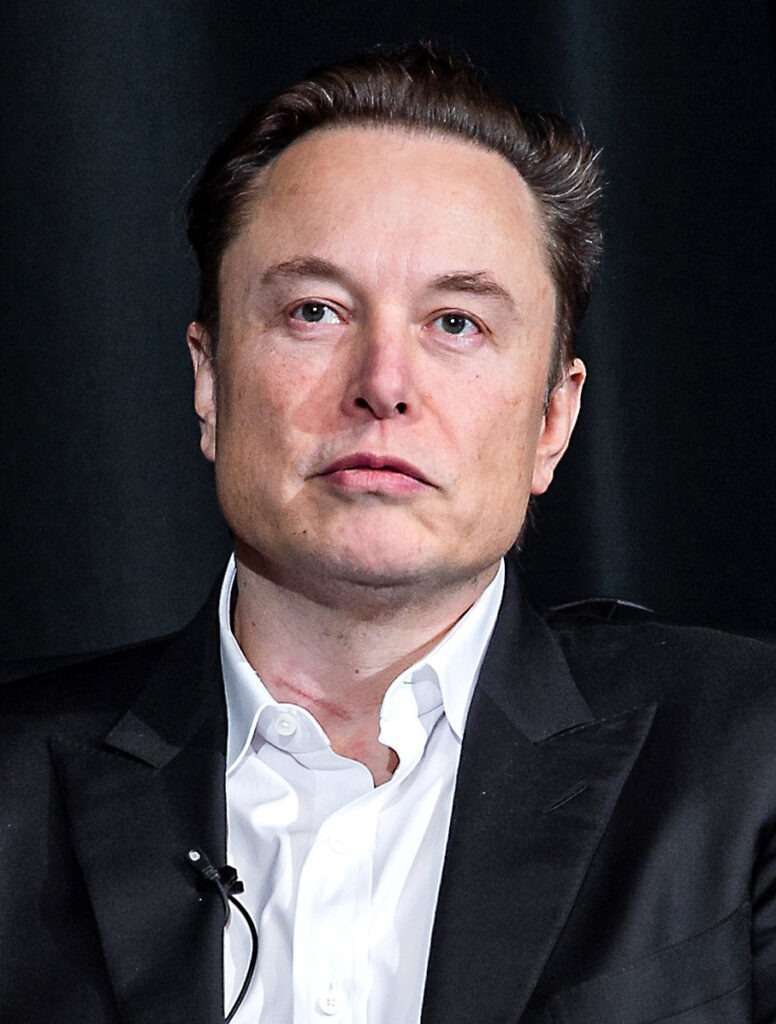In a landmark court ruling in Delaware that has sent ripples through the corporate world, the Delaware Court of Chancery recently invalidated Elon Musk’s staggering $55 billion compensation package from Tesla. This decision, pivotal for its implications on corporate governance and fiduciary responsibilities, offers crucial lessons for technology startups and their leaders. At L.A. Tech and Media Law Firm, we dissect this case to guide tech entrepreneurs in structuring their compensation strategies while adhering to legal and ethical standards.
Understanding the Court’s Tech Startup Compensation Law Decision
The Delaware Court’s ruling against Musk’s pay package underscores the importance of transparency and fairness in executive compensation. The court highlighted that Tesla’s board might have failed to act in the best interest of shareholders, a cornerstone of fiduciary duty, when approving Musk’s compensation. This decision not only impacts Musk’s personal fortune but also sets a precedent in corporate governance.
Key Lessons for Tech Startups

Earnings Tied to Company Success:
Traditionally, tech startup founders link their earnings to the company’s success. This approach means that salaries are not guaranteed but are a reflection of the company’s performance.
Separating Equity from Salaries Under Tech Startup Compensation Law
It’s crucial to distinguish between equity ownership and regular compensation like salaries and wages. While equity represents long-term investment in the company, salaries are immediate financial rewards for work done.
Upholding Fiduciary Duties:
Founders and board members must prioritize the startup’s and its shareholders’ interests over personal gains. This fiduciary duty is fundamental to maintaining trust and integrity within the company.
The Legal Landscape for Tech Startups:
Tech startups operate in a dynamic and often challenging legal environment. Understanding and navigating these complexities is crucial for sustainable growth and success. The recent ruling against Elon Musk’s compensation package by the Delaware Court of Chancery is just one example of the legal hurdles tech startups may face.
Equity and Compensation Challenges:
One of the most significant challenges for tech startups is structuring equity and compensation. Founders must balance their need for talent with limited resources, often offering equity or stock options as part of compensation packages. However, this approach can lead to complex legal issues, particularly regarding valuation, dilution of shares, and tax implications. The Tesla case highlights the importance of transparent and fair compensation practices that align with the company’s long-term goals and comply with legal standards.
Navigating Compensation Law Fiduciary Duties for Tech Startups
Startups often have a small group of founders and investors making critical decisions. This close-knit structure can blur the lines of fiduciary duty – the legal obligation to act in the best interest of the company and its shareholders. As seen in Tesla’s case, failure to adhere to these duties can lead to legal disputes and loss of trust among stakeholders. Startups must establish clear governance structures and policies to ensure that all decisions are made with the company’s best interests in mind.
Intellectual Property (IP) Protection
For many tech startups, intellectual property is their most valuable asset. Protecting this IP is crucial but can be fraught with challenges, including patent infringement risks, trade secret protection, and navigating complex IP laws. Startups must invest in robust IP strategies to safeguard their innovations and maintain a competitive edge.
Regulatory Compliance In Tech Startup Law
Tech startups often disrupt traditional industries, which can attract regulatory scrutiny. Compliance with regulations, especially in areas like data privacy, cybersecurity, and consumer protection, is critical. The evolving regulatory landscape requires startups to be agile and informed to avoid legal pitfalls.
Employment Law Issues
As startups grow, so do their teams. With this growth comes the challenge of employment law, including contracts, employee rights, workplace policies, and potential disputes. Startups need to be aware of their legal obligations as employers and create a fair and compliant work environment.
The legal challenges facing tech startups are diverse and complex. From compensation and fiduciary duties to IP protection and regulatory compliance, startups must navigate a minefield of legal issues. The case of Tesla and Elon Musk serves as a reminder of the importance of legal diligence and the potential consequences of oversight.
At L.A. Tech and Media Law Firm, we understand these challenges and are dedicated to helping tech startups navigate the legal landscape. Our expertise in technology law ensures that your startup is not only compliant but also positioned for success in a competitive market. The Tesla case is a wake-up call for technology startups to carefully evaluate their compensation packages according to Delaware tech startup compensation law. Ensuring these packages align with corporate law’s fiduciary duty rules is not just a legal necessity but also a moral imperative. For startups navigating the complex waters of tech startup compensation law, seeking advice from seasoned attorneys like David Nima, Esq., at L.A. Tech and Media Law Firm, is a prudent step towards sustainable and responsible business practices.
Are you a tech startup looking to develop a fair and legally compliant compensation strategy? Contact L.A. Tech and Media Law Firm for expert guidance and ensure your startup’s journey is both successful and ethically sound.


